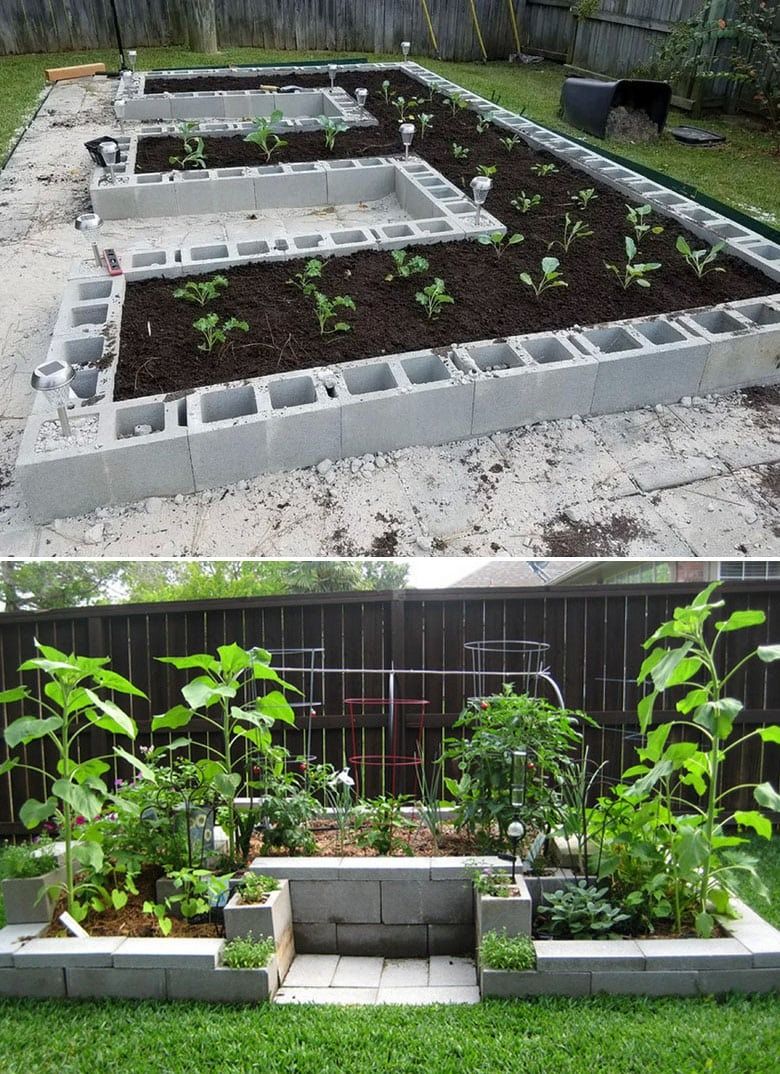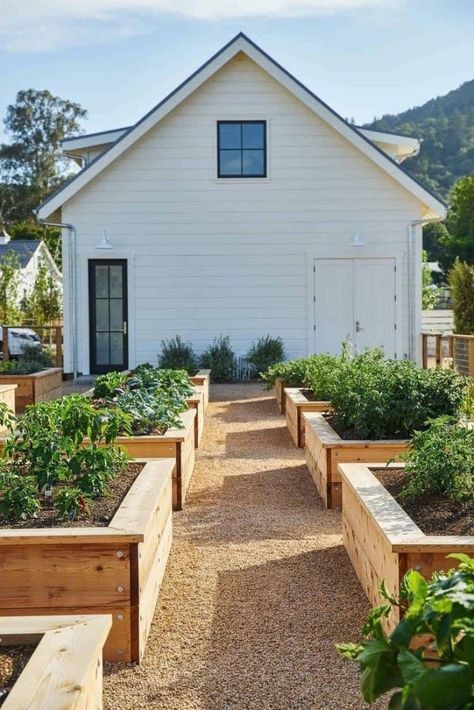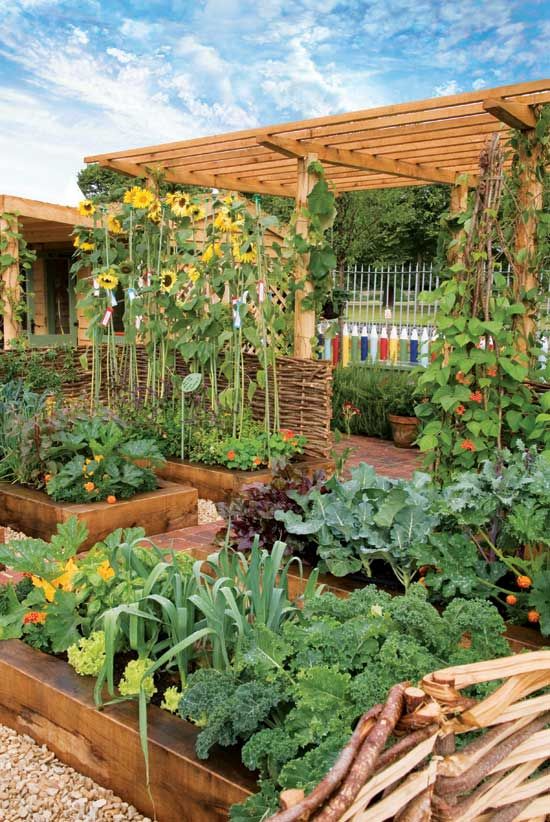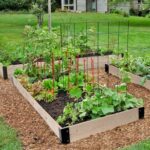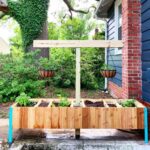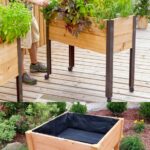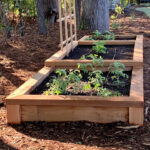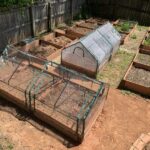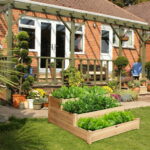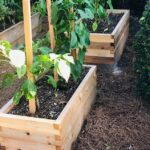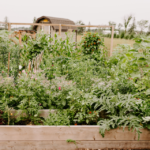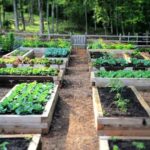Raised planter vegetable gardens are becoming increasingly popular among home gardeners for several reasons. These types of gardens offer numerous benefits, including better drainage, improved soil quality, and easier access for planting, weeding, and harvesting. In addition, raised planter gardens can help to prevent pests and weeds from damaging crops, and they are a great option for those with limited space or poor soil conditions.
One of the key advantages of raised planter vegetable gardens is the ability to control the soil quality. By filling the raised beds with a high-quality mix of soil, compost, and other organic matter, gardeners can ensure that their plants have access to the nutrients they need to thrive. This can lead to healthier, more productive plants and higher yields of vegetables throughout the growing season.
Raised planter gardens also provide better drainage than traditional in-ground gardens, which can be especially important in areas with heavy rainfall or poor soil drainage. The elevated nature of raised beds allows excess water to drain away more easily, preventing waterlogged soil and reducing the risk of root rot in plants. This can help to improve overall plant health and reduce the likelihood of disease or other issues that can arise from overly wet soil.
Another benefit of raised planter vegetable gardens is the ease of access they provide for planting, weeding, and harvesting. Because the beds are raised off the ground, gardeners can work at a more comfortable height, reducing strain on their backs and knees. This can make gardening more enjoyable and accessible for people of all ages and abilities, and can encourage more frequent maintenance and care of the garden.
Raised planter gardens can also help to deter pests and weeds that can damage crops and reduce yields. By elevating the plants off the ground, raised beds make it more difficult for pests like slugs and snails to reach the plants, and can help to prevent weed seeds from blowing in and taking root. In addition, raised planter gardens can be easily covered with netting or row covers to protect plants from flying insects or birds, further reducing the risk of damage to crops.
Overall, raised planter vegetable gardens offer numerous advantages for home gardeners looking to grow their own fresh, healthy produce. These types of gardens provide better soil quality, improved drainage, easier access for maintenance and care, and increased protection against pests and weeds. Whether you have limited space, poor soil conditions, or simply want to make gardening easier and more enjoyable, a raised planter vegetable garden could be the perfect solution for your growing needs.
